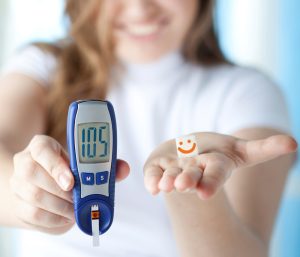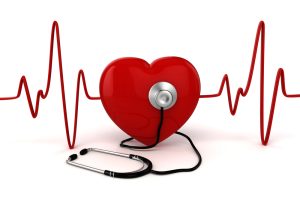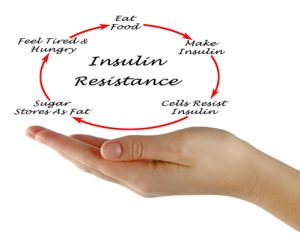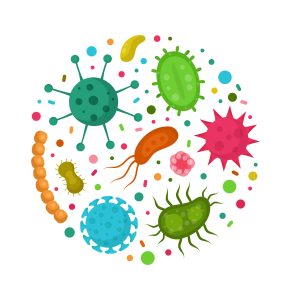Formulated by Joel Fuhrman, M.D.
Osteo Biotect was developed as a Bone Support product to complement these healthy habits with carefully balanced, bone-supportive micronutrients in amounts appropriate for most postmenopausal women.
Who Is Osteo Biotect™ For?
Osteo Biotect™ is ideal for women seeking to:
* Support bone density during aging
* Offset decreased calcium absorption after menopause
* Supplement a plant-rich diet
* Avoid high-dose calcium supplementation
It is particularly helpful for women whose intake of calcium-rich greens, beans, and seeds may be marginal.
For more informatin include success and the scientific studies used by Dr. Fuharm
Go to Osteo Biotect

 A formula created by
A formula created by  is a natural, homeopathic sleep support designed to help you fall asleep more easily and return to sleep if you wake up too early.
is a natural, homeopathic sleep support designed to help you fall asleep more easily and return to sleep if you wake up too early. Adrenal Boost gland supplement that offers a blend of botanicals, adrenal concentrate, and micronutrients to support the adrenal glands, as well as the body’s ability to respond to and counteract the negative effects of stress.
Adrenal Boost gland supplement that offers a blend of botanicals, adrenal concentrate, and micronutrients to support the adrenal glands, as well as the body’s ability to respond to and counteract the negative effects of stress. Metabolism plays a crucial role in overall health, and certain symptoms, such as hypertension, can signal an underlying metabolic issue known as Metabolic Syndrome.
Metabolism plays a crucial role in overall health, and certain symptoms, such as hypertension, can signal an underlying metabolic issue known as Metabolic Syndrome. Insulin resistance often leads to pre-diabetes and often shows up as part of Metabolic Syndrome. You can have one without officially having the others, but they often show up together.
Insulin resistance often leads to pre-diabetes and often shows up as part of Metabolic Syndrome. You can have one without officially having the others, but they often show up together. Candida Rid has the best all-in-one ingredient list for a candida/fungal overgrowth. It is a dietary supplement to get rid of Candida Infection.
Candida Rid has the best all-in-one ingredient list for a candida/fungal overgrowth. It is a dietary supplement to get rid of Candida Infection. Omega 3 supplementation with DHA+EPA Purity is designed for individuals who avoid fish—whether for ethical, dietary, or environmental reasons—yet still want the proven benefits of long-chain omega-3s.
Omega 3 supplementation with DHA+EPA Purity is designed for individuals who avoid fish—whether for ethical, dietary, or environmental reasons—yet still want the proven benefits of long-chain omega-3s. We found and looked at this product as it talked about daily supplements that were designed for the person taking them. and is personalized nutrition.
We found and looked at this product as it talked about daily supplements that were designed for the person taking them. and is personalized nutrition. Do your muscles feel weak? Muscle-related issues can ve due to the mitochondria.
Do your muscles feel weak? Muscle-related issues can ve due to the mitochondria.